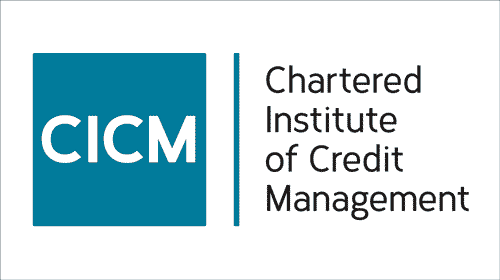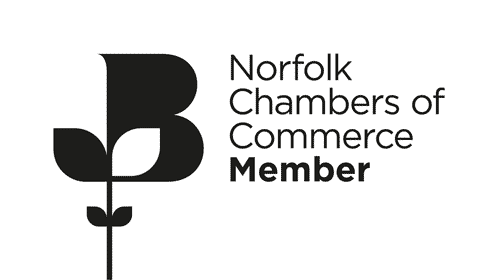Understanding the Debt Collection Process
Debt collection can be a challenging and time-consuming process, but it is an essential part of maintaining healthy cash flow for any business.
In this blog post, we’ll explore these stages in detail, starting with the initial letter to the debtor and concluding with an application for enforcement.
Importantance Of Debt Collection
Debt collection is crucial for small business owners as it directly impacts their cash flow and financial stability.
When customers fail to pay their debts, it can create a ripple effect, causing the business to struggle with paying its own bills and expenses.
Debt collection helps small business owners recover outstanding debts, allowing them to maintain a steady cash flow and avoid financial difficulties.
We can help Your Business
Whether you’re a small business owner or a seasoned professional, understanding the debt collection process can help you navigate this complex area of business and improve your chances of recovering outstanding debts.
So, let’s dive in and explore the steps involved in debt collection.
The Typical Collections Process
The typical collections process includes the following steps:
1
Overdue invoice is assigned
When an invoice becomes overdue, it is typically assigned to a collection’s specialist or department. We then carry out all credit checks on your debtor.
2
Verify past due amount
The collections specialist will review the account and verify the past due amount, including any interest or fees that may have accrued.
3
Issue dunning letters
Dunning letters are formal notices sent to the customer reminding them of the overdue payment and requesting payment. These letters may be sent via email, mail.
4
Call the customer
Dunning letters are formal notices sent to the customer reminding them of the overdue payment and requesting payment. These letters may be sent via email, mail.
5
Settle payment arrangements
If the customer is unable to pay the full amount owed, the collections specialist may work with them to settle on a payment arrangement that is manageable for both parties.
6
Monitor payments under settlement arrangements
Once a payment arrangement has been made, the collections specialist will monitor the customer’s payments to ensure they are made on time and in full.
7
Refer to a collection agency
If the customer fails to respond to collection attempts or is unable to make payments, the collection specialist will then advise you of the steps to take to issue a claim to the court. Claims over £10000.00 will be dealt with by the in house lawyer.
Get In Touch
With these tools at your disposal, you can navigate the complex world of debt collection with confidence and improve your chances of success.
If you need help with debt collection, contact our professional, diplomatic team at Jacksons CRS on 01603 319034 or email: info@jacksonscrs.co.uk for a free no obligation chat about your needs and how we can help.



